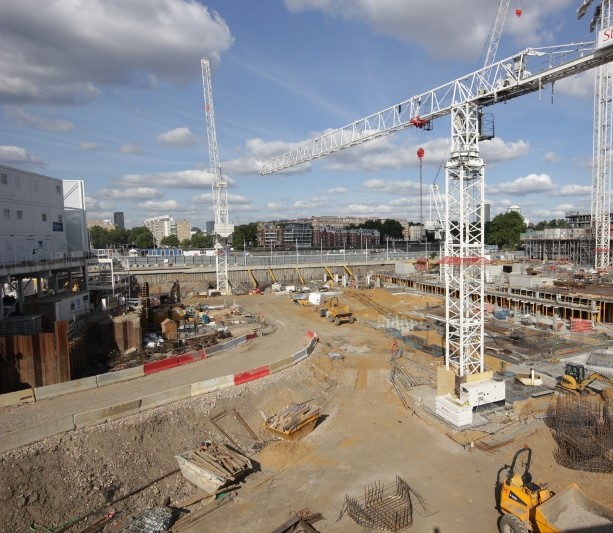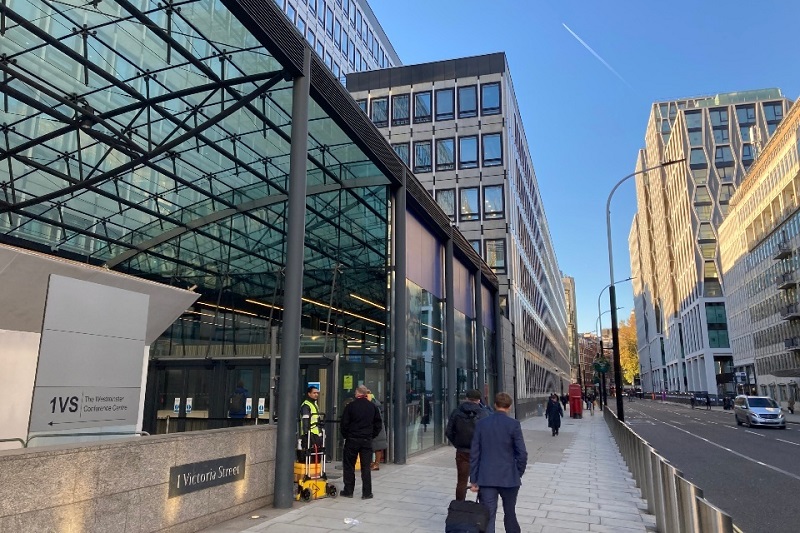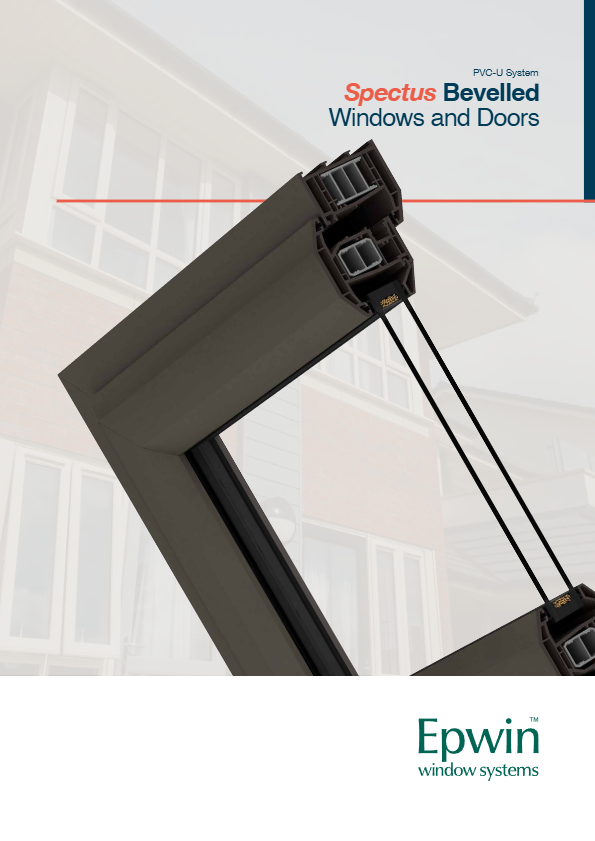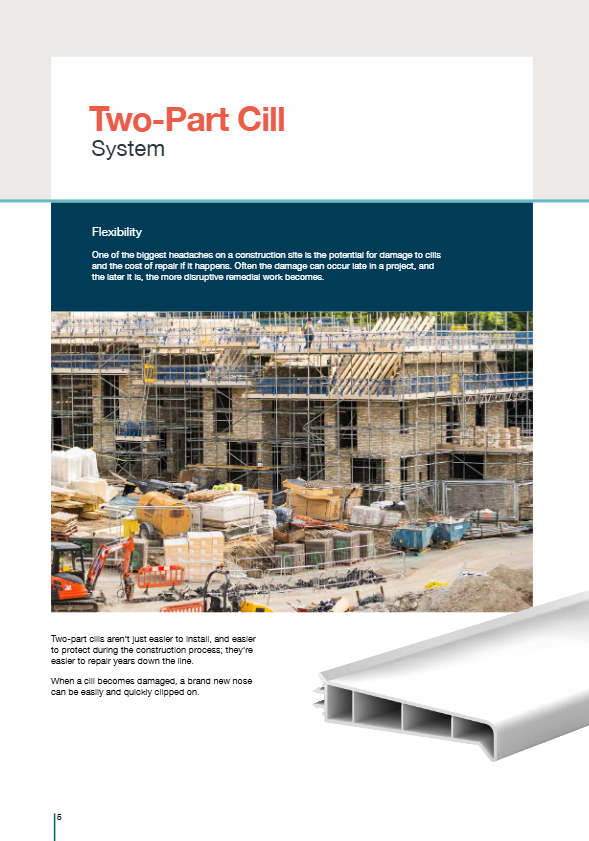The Building Cost Information Service (BCIS) has urged the government to use November’s Autumn Budget to lower business costs, after a poll it carried out with more than 300 construction professionals named it the top action to improve sector confidence in the year ahead.
Reducing business costs such as wage requirements and business rates was the most popular option in the BCIS poll, ahead of sector-specific measures like increasing investment in housing delivery and boosting infrastructure spending.
The results come as new data from the Department for Business and Trade showed that small to medium sized enterprises (SMEs) account for at least 99% of the private business population across every major industry sector.
Construction is home to the largest share of SMEs - around 885,000 SMEs or 16% of the total, yet since 2020 the sector has lost 107,000 businesses.

BCIS chief economist Dr David Crosthwaite said: “The government must recognise that to stimulate economic growth, it needs to better support all businesses, not just those in construction. It particularly needs to boost support for SMEs which are feeling high business costs more keenly.
“Increasing employers’ National Insurance contributions (NICs) in April reduced the impetus to invest, which has a direct impact on construction output and its ability to support the wider economy through the sector's multiplier effect.
“I urge the government to rethink its stance on employers’ NICs in November’s Autumn Budget. The Chancellor is wedged between her own borrowing rules and the desperate need to raise public funds, but sticking with flawed manifesto pledges will not win favour or growth in the long-term.”
The BCIS poll, conducted as part of its latest quarterly Construction Outlook webinar, also showed that more than two-thirds (68%) of surveyed construction professionals expect materials costs to rise in the next 12 months and 65% felt labour costs will increase in the same period.
Dr Crosthwaite added: “High business costs are only compounding the impact of growing labour costs for construction and curbing firms’ recruitment drive. This often means companies cannot afford to directly employ more people, despite the demand for skills.”
Karl Horton, data services director at BCIS, added that Budget month is a prime opportunity to get the ball rolling on more projects in the Infrastructure Pipeline to the benefit of construction and the wider economy.
He said: “The government is yet to confirm the private finance models it plans to use for projects in the Infrastructure Pipeline. A decision on public-private partnerships is expected by the time of the budget, but investors and construction businesses also need the finer details of specific finance models. The former to assess risk and return, and the latter to plan capacity.
“We know from the latest BCIS Civil Engineering Tender Price Index Panel that infrastructure demand is healthy, particularly for rail, aviation and energy-linked work, but skilled labour availability is still a major challenge.
“Training won’t resolve these gaps quickly so the best thing the government can do in the coming months is to give firms as much demand visibility as possible. Using the budget to support businesses and improve investment conditions is essential.
“This, alongside clear financial direction in the Infrastructure Pipeline, should help to kickstart more projects and improve the national economic picture sooner.”
Construction earnings growth still trails the wider economy
Construction wages, as measured by index K5AH in the ONS’s Average Weekly Earnings dataset(1), increased by 4.1% in the year to August 2025. This was an increase on the 3.3% rise seen in the 12 months to July 2025. On the month, there was no movement in construction’s average weekly earnings.
Across the whole economy, the average increase in earnings in the year to August 2025 was 5.7%, up from 4.7% in July according to index KA5H.
Dr David Crosthwaite, chief economist at BCIS, said: ”Annual wage growth in construction increased in August, but the general trend this year has been one of slowing earnings growth. The latest data point to a cooling jobs market – likely as a result of high employment costs coupled with subdued demand.
“New vacancies data from the ONS supports this. Between July and September 2025, job vacancies in construction fell to their lowest level since the three-month period ending in April 2021. Together, these figures are a signal for the government to try and stimulate the wider economy by reducing the cost of doing business in the upcoming Budget.”
Annual growth in earnings was lower in construction than the whole economy average for the fourth consecutive month in August 2025.
Comparing pay at a sector level (with index K56S), construction workers saw the second lowest annual increase in average earnings across all sectors.
The greatest annual wage growth was recorded in the public sector with a 12.0% rise.
The ONS data show that the construction sector has experienced the most extreme fluctuations in earnings movement in recent years, from a 9.5% annual decrease in May 2020 to a 13.4% increase year-on-year in May 2021.




















